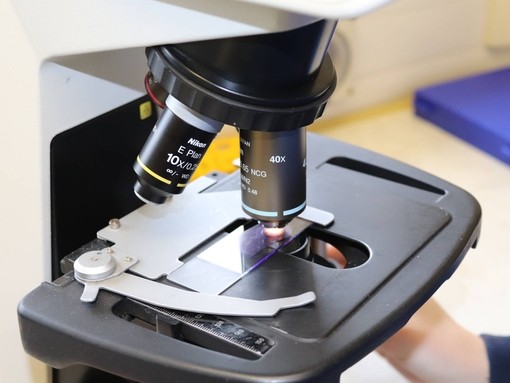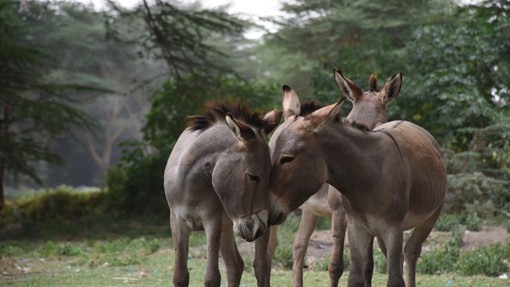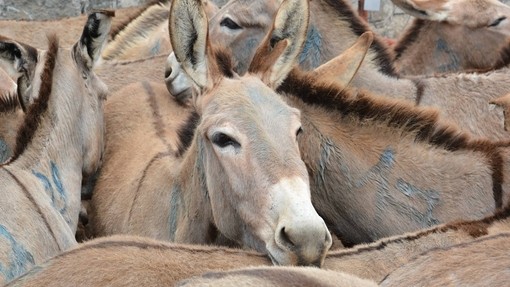
A cruelty-free, sustainable alternative
Cellular agriculture offers the opportunity to combine ancient medicine traditions with innovative solutions for a sustainable future.
What is cellular agriculture?
Cellular agriculture is a way of manufacturing products that would traditionally require harvesting from animals. Animal cells are grown and maintained under carefully controlled laboratory conditions.
Animal products created using cellular agriculture do not require animals to be bred, reared or slaughtered, and they remain biologically equivalent to the products made through traditional methods.

Read our case for support
What difference can cellular agriculture make?
Can cellular agriculture help end the donkey skin trade?
The cellular agriculture industry has taken huge strides in China and around the world, and ground-breaking advances in the production of animal collagen are encouraging.
They may provide a promising option for the future of ejiao production, with artificially grown, donkey-derived collagen grown in laboratories now a realistic prospect.
Cellular agriculture may provide the innovative solution needed to ensure that consumers can continue to purchase ejiao but to do so in a way that protects donkeys, people and the environment.

The benefits of cellular agriculture for the ejiao industry
Protecting donkeys
A cellular agriculture solution would, unquestionably, eliminate the suffering of millions of donkeys in the name of ejiao production.
After the initial cells have been obtained, living donkeys are no longer needed to meet the demand for ejiao.
Therefore, cellular agriculture promises the ejiao industry a completely humane solution. While a transition to cellular agriculture techniques may take time, they would allow the ejiao industry to sever links with the global skin trade.
Protecting the environment
The waste disposal practices associated with the slaughter of donkeys for the global skin trade cause significant environmental degradation.
Cellular agriculture solutions can vastly decrease the environmental footprint of the ejiao industry.
A cellular agriculture supply chain would remove the environmental damage caused by carcass disposal and significantly reduce the land, energy and water required to produce the raw materials essential for ejiao production.
Traceability and quality control
The ease with which ejiao products may currently be contaminated by compounds dangerous to animal and human health is alarming.
Establishing hygienic and fully controlled systems would enable the industry to transcend the limits and challenges associated with traditional methods of producing ejiao.
Ensuring a sustainable supply
The current method of sourcing donkey collagen through the global trade in donkeys is entirely unsustainable. As living and sentient beings, donkeys are inherently finite.
Cellular agriculture offers a sustainable and reliable source of raw materials.
Following the sequencing of donkey collagen DNA and the establishment of manufacturing facilities and processes, an infinite supply of raw material could be produced.
Help stop the slaughter
Find out more
Learn about the traditional Chinese medicine that is driving the demand for donkey skins, and the possible alternatives for a humane future.

Learn about our approach to challenging the donkey skin trade and bringing a permanent end to the skin trade.

Find our reports on the donkey skin trade. We regularly publish reports based on our findings from investigative work.

